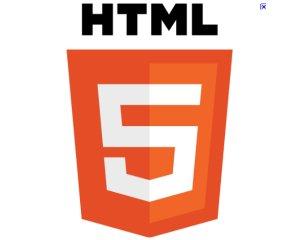There's a classic mistake of résumé building, one that many tech pros miss: Rather than using the document to trace out their accomplishments, they regurgitate the responsibilities of their previous jobs. Sure, that shows your prospective employer what you were paid to do—but it doesn’t give them a good sense of your capabilities. Let’s take a couple of bullet-points from a hypothetical résumé for a developer:
- Developed e-commerce solutions and social networking functionality.
- Coded, tested, and debugged mobile apps built in Objective-C and Java.
- Designed the UX for dashboards and data-feeds.
Sounds good, right? Except all of these points could be much stronger. Let’s rewrite them from an “accomplishment” mindset:
- Developed e-commerce solutions ahead of deadline that helped boost company revenues by 50 percent.
- Coded, tested, and debugged mobile apps built in Objective-C and Java that achieved 75 percent more downloads than their previous versions.
- Designed the UX for dashboards and data-feeds that attracted rave reviews from internal and external clients.
The addition of only a few more details that call out your initiative and results makes your résumé much stronger. That’s not to say you should bulk up every job-related bullet-point to a full paragraph—as with so many things résumé-related, brevity is always key (and much appreciated by HR staffers and recruiters). But a mention of the ends achieved will help you stand out amongst all the other tech pros applying for the same job.



